Humans
Sign up for our newsletter
We summarize the week's scientific breakthroughs every Thursday.
-
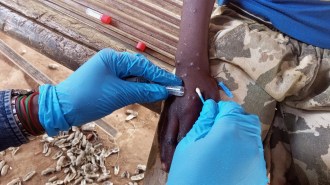 Health & Medicine
Health & MedicineWhy mpox is a global health emergency — again
The WHO made the declaration as a potentially more infectious version of the deadly virus has emerged and mpox cases are rapidly rising across Africa.
-
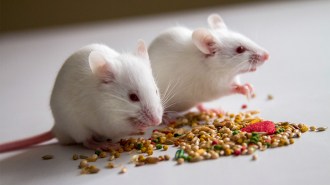 Neuroscience
NeuroscienceA hunger protein reverses anorexia symptoms in mice
Boosting levels of protein ACBP spurred the mice to eat and gain weight. It is unclear if any drugs based on the protein might help people with anorexia.
-
 Archaeology
ArchaeologyStonehenge’s mysterious Altar Stone had roots in Scotland
New analyses indicate that this weighty piece of the site’s architecture, once thought to come from Wales, was somehow moved at least 750 kilometers.
By Bruce Bower -
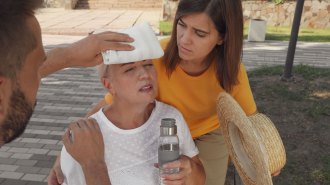 Health & Medicine
Health & MedicineYour medications might make it harder for you to beat the heat
Chronic illnesses and the medications that treat them may make it harder to handle extreme heat. It’s even harder to study how.
-
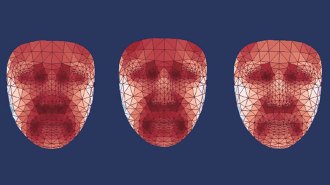 Health & Medicine
Health & MedicineYour face’s hot spots may reveal how well you are aging
If facial heat maps prove effective at picking up signs of chronic diseases such as diabetes, they could become another health assessment tool.
-
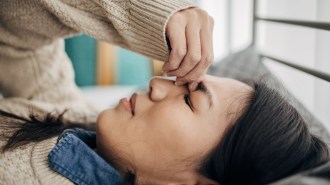 Health & Medicine
Health & Medicine50 years ago, scientists blamed migraines on cheese and chocolate
Exactly how migraines develop is still coming into focus, but scientists now know that many factors can trigger attacks.
-
 Archaeology
ArchaeologyWas Egypt’s first pyramid built with hydraulics? The theory may hold water
A controversial analysis contends that ancient engineers designed a water-powered elevator to hoist stones for King Djoser’s pyramid.
By Bruce Bower -
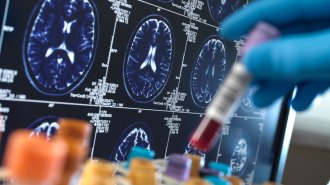 Neuroscience
NeuroscienceAlzheimer’s blood tests are getting better, but still have a ways to go
Blood biomarker tests could help doctors know if a person's cognitive symptoms are due to Alzheimer's or something else.
-
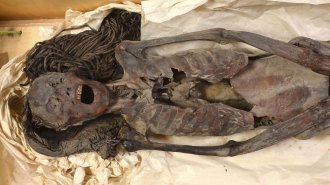 Anthropology
AnthropologyAn Egyptian mummy’s silent ‘scream’ might have been fixed at death
A rare muscle-stiffening reaction could explain the open-mouthed expression of a mummy known as the Screaming Woman, scientists suggest.
By Bruce Bower -
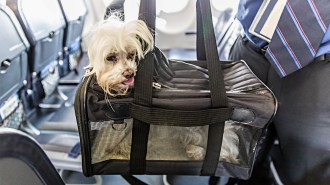 Health & Medicine
Health & MedicineThe CDC has tightened rabies regulations for imported dogs. Here’s why
Dog rabies was eliminated in the United States in 2007. The new rules on bringing dogs into the country aim to keep it that way.
By Claire Yuan -
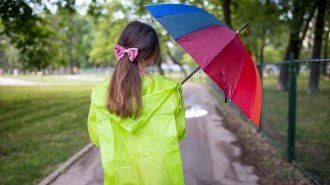 Health & Medicine
Health & MedicineSome ‘forever chemicals’ may be absorbed through our skin
PFAS, which are found in common products such as cosmetics, food packaging and waterproof gear, have been linked to health problems.
-
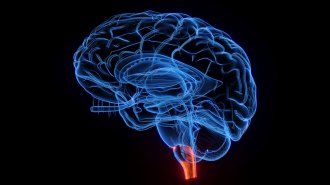 Health & Medicine
Health & MedicineStopping cachexia at its source could reverse wasting from cancer
The immune protein interleukin-6 helps regulate body weight. Blocking it in the brain could restore appetite and muscle mass, a study in mice hints.